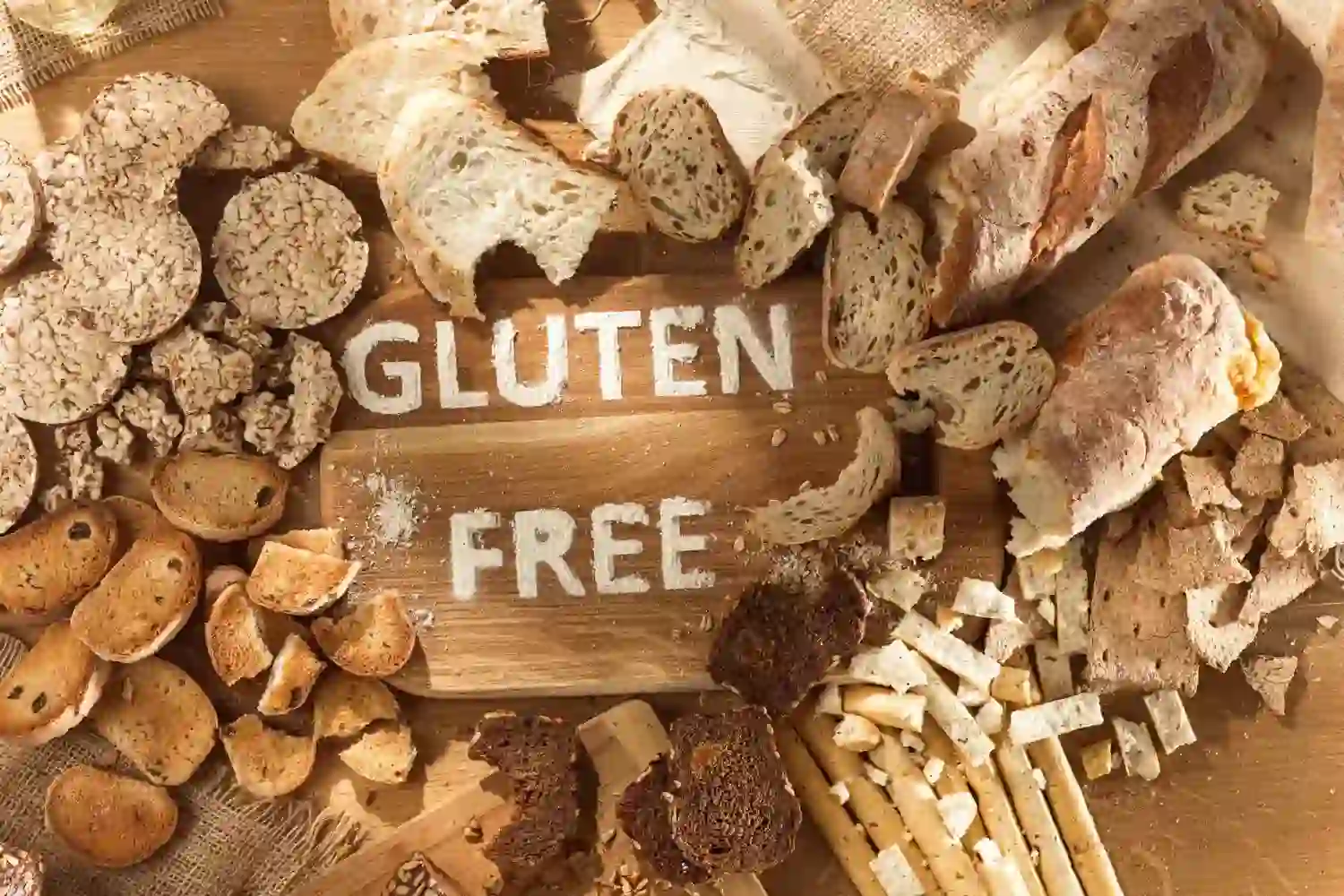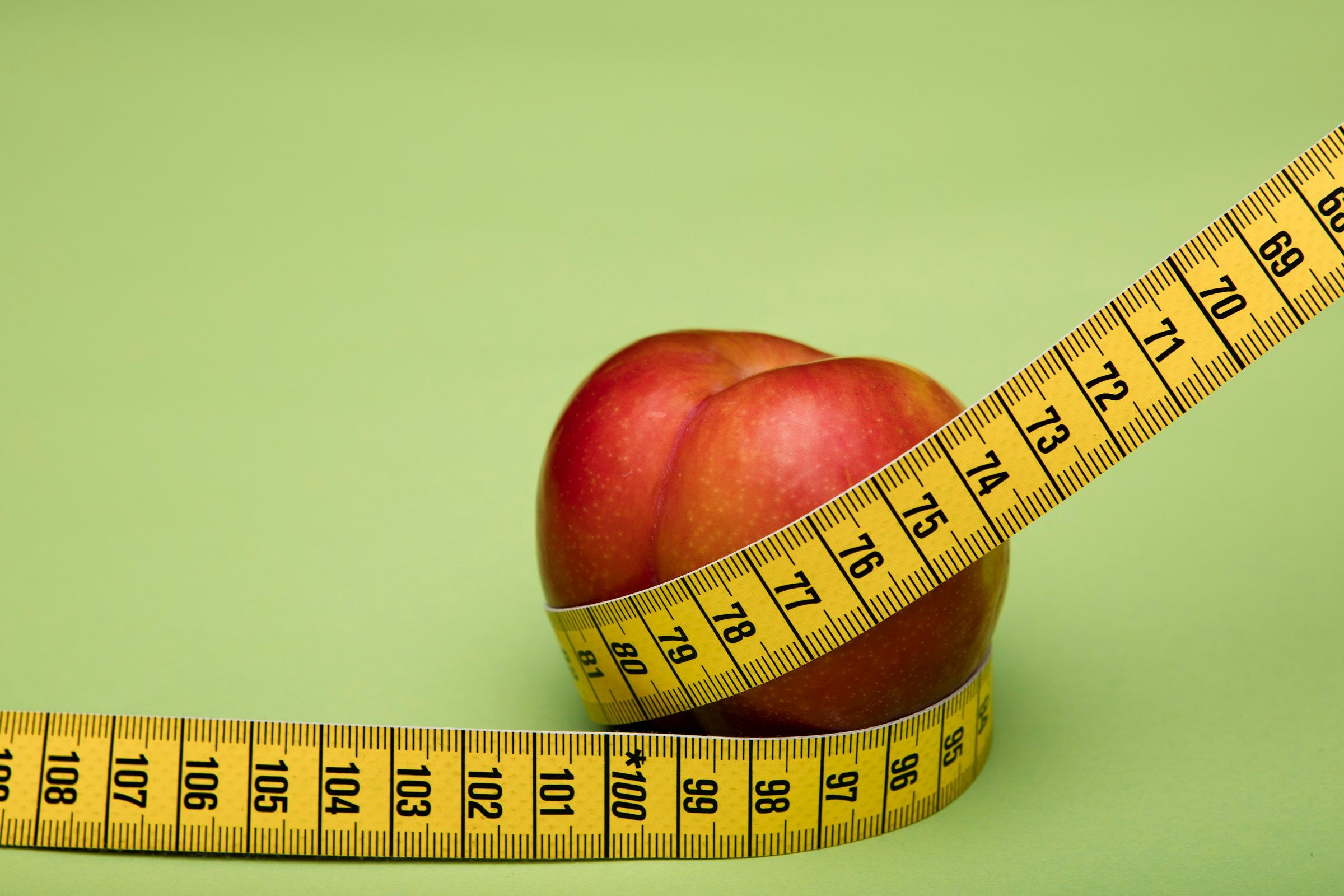Is a Gluten-Free Diet Right for You? Benefits, Risks, and Tips

You’ve probably seen the buzz about gluten-free diets everywhere — from supermarket shelves to social media. But with so much talk about gluten-free living, you might be wondering, Is a gluten-free diet right for me?
Let’s break it down and see if this diet is something you should try or if it's just another trend.
What is a gluten-free diet?
Before we jump into whether a gluten-free diet is a good idea, let’s first understand what gluten actually is.
Gluten is a protein found in wheat, barley, and rye. It’s what gives bread that chewy texture and helps pastries rise. Basically, it’s a binder that holds food together, and it shows up in many of our favorite foods like bread, pasta, and pizza.
A gluten-free diet involves eliminating gluten-containing foods from your meals. While gluten itself isn’t harmful, individuals with celiac disease or gluten sensitivity may face serious health issues when they consume it.
The rise of gluten-free eating
The gluten-free market is booming. In 2021, the global gluten-free products market was valued at $6.45 billion, with projections suggesting it will grow at a compound annual growth rate (CAGR) of 9.8% from 2022 to 2030. But what’s fueling this growth?
-
Increased awareness: People are more informed about conditions like celiac disease and gluten sensitivities.
-
Perceived health benefits: Many adopt gluten-free diets as part of a wellness trend, even if they don’t have a medical need.
-
Availability: Gluten-free alternatives, from bread to pizza dough, are now widely available in grocery stores.
Who should consider a gluten-free diet?
If you don’t have any gluten-related issues, then you might not need to worry about gluten. But, for some people, cutting it out is important. So, let’s talk about who needs to go gluten-free.
1. People with celiac disease
Celiac disease is an autoimmune condition that impacts about 1% of people globally. For those with celiac disease, gluten causes an adverse reaction from the immune system. As a result, it damages the lining of the small intestine. This damage results in less nutrient absorption in the body, which, in turn, causes health problems, such as:
-
Chronic diarrhea or constipation
-
Weight loss
-
Fatigue
-
Osteoporosis
-
Nutritional deficiencies, such as anemia
A gluten-free diet can help you manage celiac disease.
2. Gluten sensitivity
Not everyone with gluten issues has celiac disease. Some people experience discomfort after eating gluten, which is known as non-celiac gluten sensitivity (NCGS). If you often feel bloated, fatigued, or have stomach pains after eating gluten, a gluten-free diet might help you feel better.
However, it’s a good idea to consult your doctor first to rule out other possible conditions before switching to a gluten-free diet.
3. Wheat allergy
A wheat allergy is not the same as gluten sensitivity or celiac disease. People with a wheat allergy have an immune reaction to proteins in wheat, including gluten. This can cause allergic symptoms like hives, difficulty breathing, or in rare cases, anaphylaxis. For those with a wheat allergy, avoiding wheat (and sometimes gluten) is necessary to prevent these reactions.
Explore gluten-free health options abroad with Quality Care Global today!
Pros of a gluten-free diet
A gluten-free diet has several potential benefits, especially for those who have gluten-related health issues. But even for people without these issues, there are some advantages to consider.
1. May improve digestion
If you have gluten sensitivity, cutting out gluten can provide major relief. People often report feeling less bloated, experiencing fewer stomach cramps, and having overall better digestion. Even for those without gluten sensitivity, some people feel lighter and more energetic after eliminating gluten from their meals.
2. May lower dietary acid load
Some research suggests that going gluten-free could lower your dietary acid load. This is important because a high acid load can stress your kidneys and other organs over time. By switching to a gluten-free diet, you may help support better overall health and reduce strain on your body.
3. May improve skin health
For some people, going gluten-free has been linked to healthier skin. Conditions like psoriasis or eczema have been reported to improve after removing gluten from the diet. This could be due to a reduction in inflammation throughout the body.
Cons of a gluten-free diet
It’s not all sunshine and rainbows, though. A gluten-free diet comes with a few challenges that you should know about before you decide to make the switch.
1. Risk of nutritional deficiencies
Without proper planning, a gluten-free diet can cause you to miss out on key nutrients like fiber, protein, vitamins (such as B12 and folate), and minerals (like iron, calcium, and magnesium). Over time, this could lead to deficiencies and potential health problems.
2. Higher cost
Gluten-free products can be a lot more expensive than regular ones. This means sticking to a gluten-free diet could cost you more, especially when you’re buying things like gluten-free bread, pasta, and snacks.
3. Social challenges
Following a gluten-free diet can make social situations tricky. Whether it’s eating out, traveling, or joining family meals, it can be tough to find good gluten-free options. This might make you feel left out or frustrated at times.
4. Risk of eating more fat and calories
If you’re not careful, a gluten-free diet can lead to eating more fat and calories, especially if you rely too much on processed gluten-free foods. These often contain extra sugar and fat to make them taste better, which can contribute to weight gain.
5. Hard to maintain
Sticking to a gluten-free diet long-term can be tough. Studies show that only about 56% of people with celiac disease strictly follow the diet. This shows how hard it can be to keep up the commitment, especially when it feels restrictive or hard to find safe options.
Foods to eat on a gluten-free diet
If you’re considering a gluten-free diet, it’s essential to know what foods you can enjoy. Here's a list of the best gluten-free foods to fill your plate:
-
Fruits and vegetables
-
Beans, lentils, chickpeas, and nuts
-
Quinoa, rice, corn, gluten-free oats, and buckwheat
-
Lean proteins (chicken, turkey, fish, and eggs)
-
Dairy (milk, cheese, and yogurt)
Foods to avoid on a gluten-free diet
While there are plenty of foods to enjoy, there are also foods that you’ll need to avoid to keep your diet strictly gluten-free. Here's what to watch out for:
-
Beer and alcohol
-
Breads and pasta
-
Sauces, soups, salad dressings
-
Cakes, cookies, muffins, and pastries
Tips for starting a gluten-free diet
If you’ve decided to go gluten-free, here are some simple tips to help you get started safely and keep it sustainable:
1. Choose naturally gluten-free foods
-
Fresh vegetables and fruits
-
Proteins like fish, chicken, and eggs
-
Gluten-free grains (rice, quinoa, and buckwheat)
2. Read labels carefully
Check for the "gluten-free" label, which means the product has less than 20 parts per million (ppm) of gluten. Still, it's important to review the ingredient list for hidden sources of gluten, like malt or modified food starch.
3. Consider nutrient supplements
Since gluten-free diets can lack certain nutrients, consider fortified gluten-free foods or supplements, especially for B vitamins and fiber.
4. Experiment with gluten-free substitutes
Swap wheat-based products for alternatives like almond flour, coconut flour, or gluten-free bread. This can help you enjoy familiar foods without gluten.
Is a gluten-free diet right for you?
People with celiac disease, NCGS, or wheat allergies must follow a gluten-free diet. For others, it might not give the expected benefits and could pose risks if not managed well.
Before starting a gluten-free diet, it’s a good idea to consult with your doctor or a nutritionist. They can help you decide if it’s the right choice and guide you on how to follow it in a healthy way. Ultimately, the best diet is the one that makes you feel your best.
Not sure where to begin with a gluten-free diet? Let QCG assist you in finding expert nutritionists and resources worldwide to help you make informed, healthy choices.

